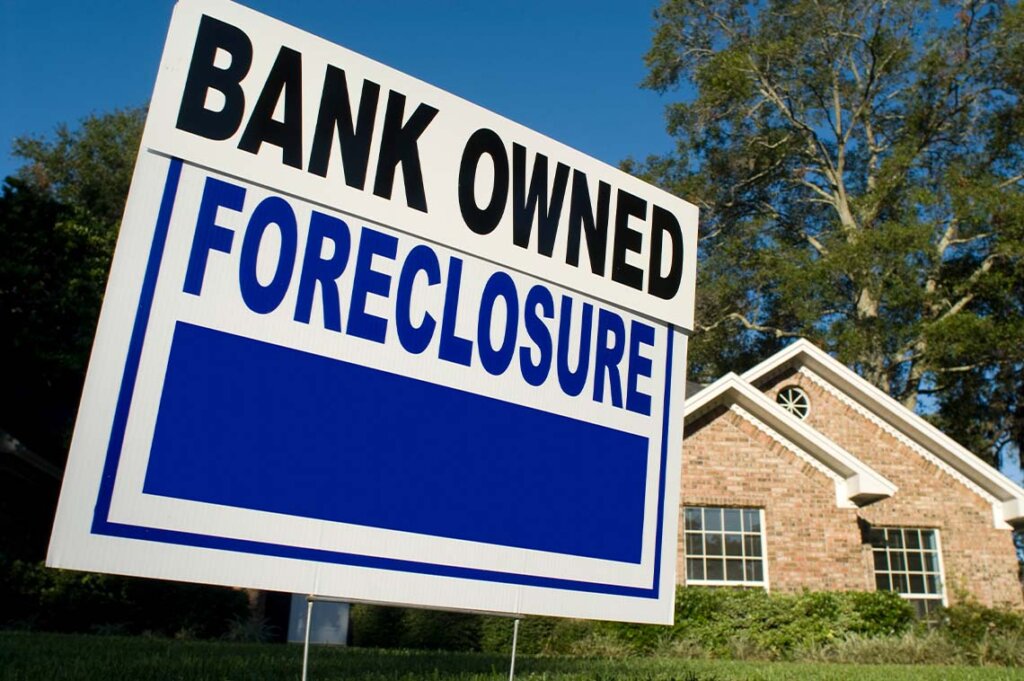
“I’m behind in my mortgage payments…will I be giving my Davis house back to the bank in Sacramento?”
The prospect of losing one’s home is a distressing one. Yet, there are times when unforeseen financial challenges arise, causing the burden of your mortgage payments to become overwhelming.
In the unfortunate event that your financial situation deteriorates to an unmanageable extent, you might find yourself in the difficult position of surrendering your house to the bank in Davis. This circumstance could leave you temporarily without a place to call home. Furthermore, the repercussions could extend into the long term, manifesting as a significant and enduring blow to your credit profile, potentially hampering your prospects of securing a new home in the future.
Such an outcome is far from desirable, and it’s certainly not the path you’d want to take. The good news is that there exists a proactive approach you can adopt right now to shield yourself from these repercussions and set yourself on a trajectory toward financial stability once again.
Here’s a brief overview of the foreclosure process
The process of foreclosure can exhibit variations based on factors such as your geographical location and the nature of your mortgage arrangement.
In general, when you fall behind on a couple of mortgage payments, your lending institution will initiate a series of notifications and alerts to bring your attention to the matter. As time progresses and if you remain unable to cover the missed payments, your loan company might move forward by listing your property for a public auction.
The duration for which you can continue residing in your house after it has been sold at auction is contingent upon the laws of the state you reside in. Ultimately, though, there will come a point when you will need to secure alternative housing arrangements.
Fortunately, you have options!
Allowing your home to reach the point of foreclosure can severely damage your credit score. To preempt this situation, one avenue you can explore is negotiating an arrangement known as a “deed in lieu of foreclosure” with your loan company.
In this scenario, you voluntarily transfer ownership of the property to the loan company, enabling them to avoid the costs associated with foreclosure proceedings, which can be substantial. In return, you avoid having a foreclosure notation on your credit report.
Another way to sidestep foreclosure is by selling your Davis house prior to it being auctioned off. If your loan is fully settled, you won’t face any additional penalties, preserving your credit rating. In cases where the loan isn’t fully repaid, you’ll need to cover the remaining balance.
Here’s an illustration: Suppose your outstanding loan amount is $100,000, and you sell your property to us for $90,000. You would provide the $90,000 to the loan company and an additional $10,000 to cover the shortfall, effectively settling the loan. (By consulting a real estate attorney, you might potentially negotiate a “deed in lieu of foreclosure” deal, where the loan company relinquishes pursuit of the difference in exchange for the property deed.)
At North Valley Home Buyers, we specialize in real estate investment. Reach out to us at (916) 500-7355 to explore the options available for your property, even if it requires repairs.
I want to avoid giving my house back to the bank in Davis!
When confronted with the possibility of losing their home, homeowners might question the rationale behind opting for a sale instead of going through foreclosure, particularly if they are no longer residing in the property. Nonetheless, the truth is that selling the property can yield significantly more favorable outcomes for one’s financial circumstances and credit rating compared to passively waiting for the foreclosure process to unfold.
Although the emotional toll of losing a home can be profound, it’s crucial to assess the lasting repercussions of foreclosure. Foreclosure can cast a substantial adverse impact on one’s credit score, potentially causing a drop of 100 to 150 points. This downgrade can complicate future attempts to secure loans, credit lines, or even rental agreements.
Conversely, while selling the home may entail short-term hurdles, it empowers individuals to regain control of the situation and potentially mitigate the negative consequences on their financial health and credit rating. Opting to sell can potentially enable avoidance of the foreclosure process altogether or at least curtail the detrimental effects on credit scores.
Furthermore, selling the property may provide the opportunity to recover a portion of the accumulated equity, facilitating a fresh start and potentially enabling future property purchases. This choice also offers a sense of closure and a chance to move forward from a challenging circumstance.
In essence, although initiating a home sale might pose initial challenges, it ultimately represents a superior alternative to allowing the foreclosure process to unfold naturally. By proactively taking charge and potentially sidestepping the enduring adversities of foreclosure, individuals can safeguard their financial well-being, credit standing, and transition ahead with renewed assurance.
